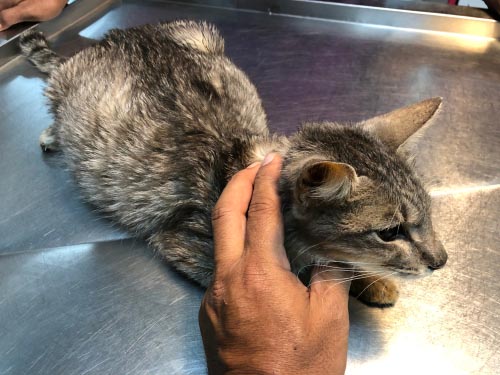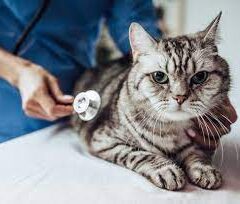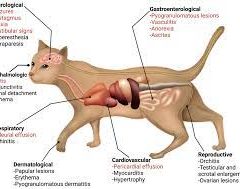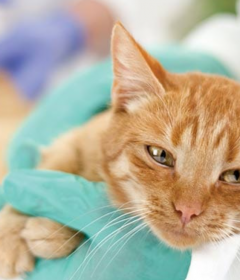Feline Infectious Peritonitis Virus that Affects Cats

Feline Infectious Peritonitis Virus that Affects Cats – Playing with cats is fun for lovers of these cute four-legged animals. Cats with cute fur and faces provide a special delight for their caregivers. However, cat lovers seem to always have to be available about the medical conditions experienced by cats that are kept. Cats are also vulnerable to disease attacks that endanger the cat and the owner. One of the diseases that easily attacks cats is Feline Infectious Peritonitis (FIP). This cat disease is an infectious disease caused by a virus known as the Feline Coronavirus (FcoV). This virus belongs to the group of viruses that are easily mutated. This virus consists of Feline Enteric Coronavirus and Feline Infectious Peritonitis which have the same genetic basis but can cause different effects in cats that have been infected with this virus.
Feline Infectious Peritonitis usually affects macrophage and monocytes infections. This disease makes the cat does not last long in the digestive system, resulting in the scarcity of discovery in their feces. There is a small risk of transmitting the disease to other cats so isolation is not necessary to cats infected with this virus. Of the various cases in cats infected with this disease, cats with an age range between 3 months to 3 years are susceptible to this disease. There are also many cat breeds that are susceptible to this disease such as Abyssinian, Birman, Ragdoll Rex, Himalayan and Bengal. What triggers this disease to infect cats are several factors such as stress, genetic and viral Feline Leukemia Virus and Feline Immunodeficiency Virus.

Symptoms commonly found in cats suffering from this disease include lethargy, weight loss that dropped dramatically, anorexia, fever with rising and falling temperatures, jaundice and abnormal growth in kittens. Feline Infectious Peritonitis usually shows symptoms such as fluid retention in the abdominal cavity and others so that the organs in the cat do not function and develop as they should. Some of the symptoms that show cats with this disease are from the eyes such as changes in pupillary shape, changes in iris color and others. Symptoms of the central nervous system can include seizures, ataxia, tremors, depression, behavior changes and many others. Diarrhea, vomiting, colitis and the like provide symptoms that are in the gastrointestinal.
To keep your cat from getting this disease, you need to immediately bring your pet cat to the vet to immediately give a thorough diagnosis to your pet cat. If your cat is infected with this disease, you can provide some treatments such as antiviral administration, but until now unfortunately there has been no effective treatment in treating cats from Feline Infectious Peritonitis.



